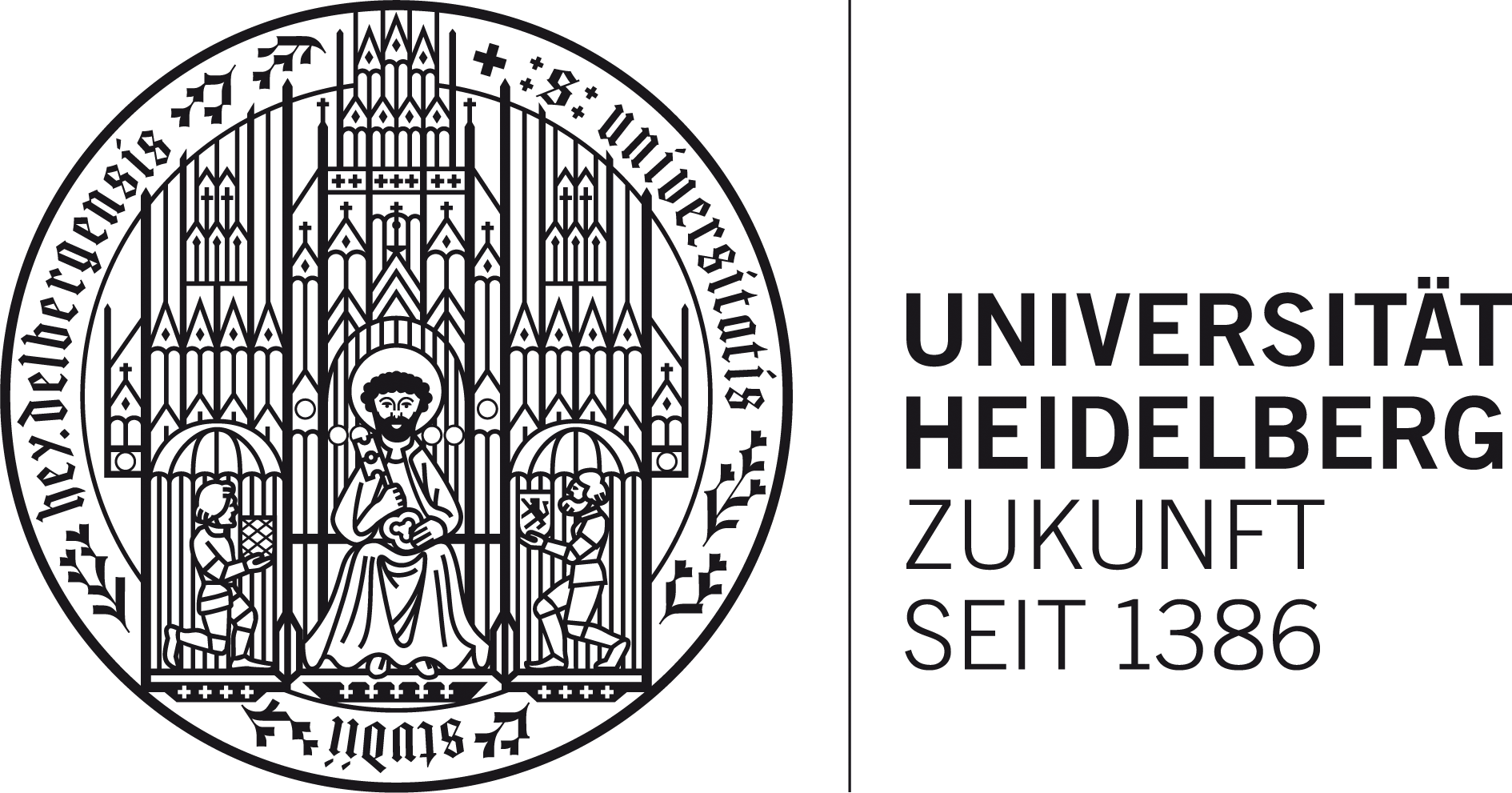ICHL26
ICHL26 Plenaries (in the order of appearance on the program)
- Paul Kiparsky: Word-order cycle
- Aditi Lahiri: Pertinacious Morpho-Phonology
- Lutz Marten: Historical Linguistics and Ubuntu Translanguaging: Towards a model of multilingualism, language change and linguistic convergence in the Bantu Linguistic Area
- [Panel] — Engelberg et al.: Empirical Approaches to the Dynamics of the Lexicon – Internet-Based Tools and Research Platforms at the Leibniz-Institute for the German Language
- Ans van Kemenade: Word order change, architecture and interfaces: evidence from V2 word orders and their loss in the history of English
- [Panel] — Nigel Vincent et al.: Linguistic models (with a focus on morphosyntactic change)
- John Charles Smith: 50 years of ICHL
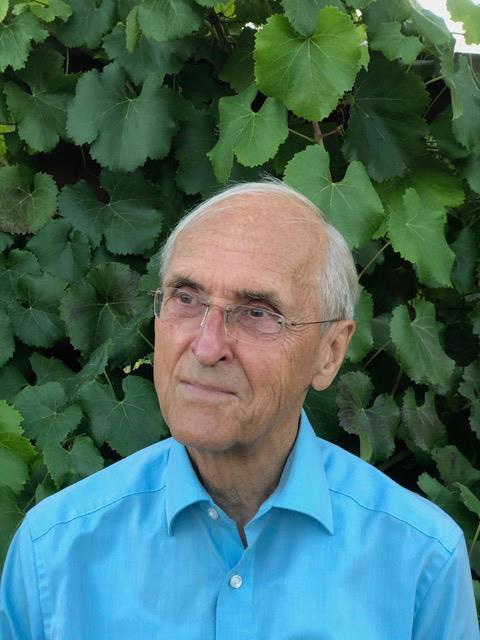 |
Paul KiparskyPaul Kiparsky, a native of Finland, received his Ph.D. from MIT in 1965 and taught there until he joined Stanford's linguistics department in 1984, from where he retired in 2021. He is interested in how words are structured, how the vocabulary of a language is organized, how the meaning of words is related to their syntactic properties, how language changes and is deployed in verbal art, and what all these things tell us about the mind. Among the many fellowships and awards of Professor Paul Kiparsky we may mention the Humboldt Prize (1993), Senior Fellowship of the Zukunftskolleg Konstanz (since 2011), Swedish Academy Linguistics Prize (2012), Fellowship of the British Academy (2013), Honorary Membership of the Philological Society (2015), Membership of the American Academy of Arts and Sciences (2020) and the Neil and Saras Smith Medal of the British Academy (2020). ↗︎ Website (Stanford University) |
| |
|
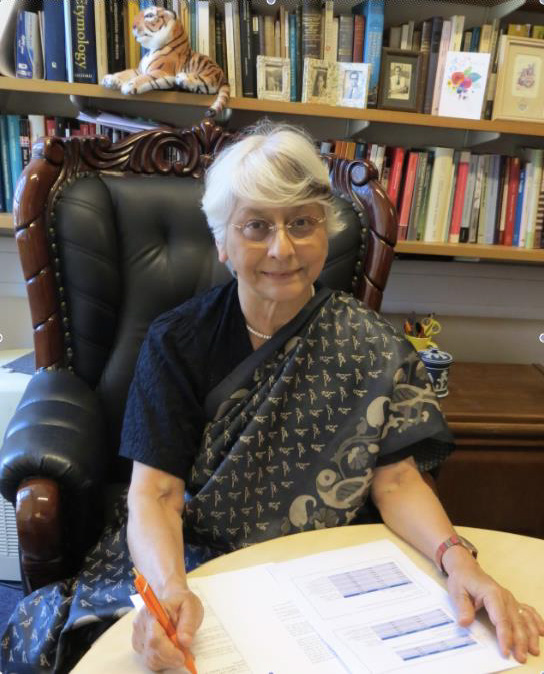 |
Aditi LahiriProfessor Aditi Lahiri, CBE FBA MAE, Emerita Professor of Linguistics, is currently a Research Professor in the Faculty of Linguistics Philology and Phonetics and the Director of the Language and Brain Laboratory at the University of Oxford. She is also a Senior Research Fellow at Somerville College, Oxford. Previously she held the Chair of Linguistics at the University of Konstanz, and was a senior researcher at the Max Planck Institute for Psycholinguistics in Nijmegen. Professor Lahiri's research employs a diverse range of methodologies, from cutting-edge brain imaging technology to palaeographic investigation of centuries-old manuscripts, to investigate the mental representation and historical development of the sounds of human language. Her current project, PERTINACITY, originally awarded by ERC, is currently funded by EPSRC (Engineering and Physical Sciences Research Council). Her academic honours include the Max Planck Research Award, the Gottfried Wilhelm Leibniz Prize and the Professor Sukumar Sen Memorial Gold Medal. She is a Fellow of the British Academy, and an Honorary Life Member of the Linguistic Society of America and was awarded a CBE for services to linguistics. ↗︎ Website (Oxford University) |
| |
|
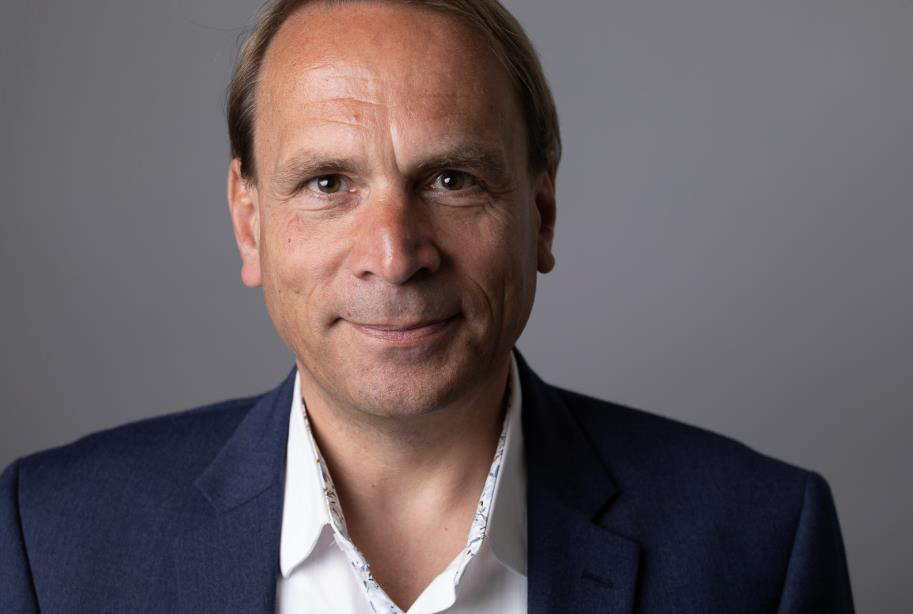 |
Lutz MartenLutz Marten is Professor of General and African Linguistics at the School of Oriental and African Studies (SOAS), University of London, where he currently serves as the Head of the SOAS Doctoral School. He is interested in linguistic theory, comparative and historical linguistics, and questions of language and identity. Most of his work focuses on African languages and he has conducted research in Eastern and Southern Africa. His publications include At the Syntax-Pragmatics Interface (OUP 2002), A Grammatical Sketch of Herero (with Wilhelm Möhlig and Jekura Kavari, Köppe 2002), The Dynamics of Language (with Ronnie Cann and Ruth Kempson, Elsevier 2005), and Colloquial Swahili (with Donovan McGrath, Routledge 2003/2012). He is the Founding Chair of the International Conference on Bantu Linguistics and he is the current editor of the Transactions of the Philological Society , the oldest scholarly journal devoted to the general study of language and languages with an unbroken tradition. ↗︎ Website (SOAS University of London) |
| |
|
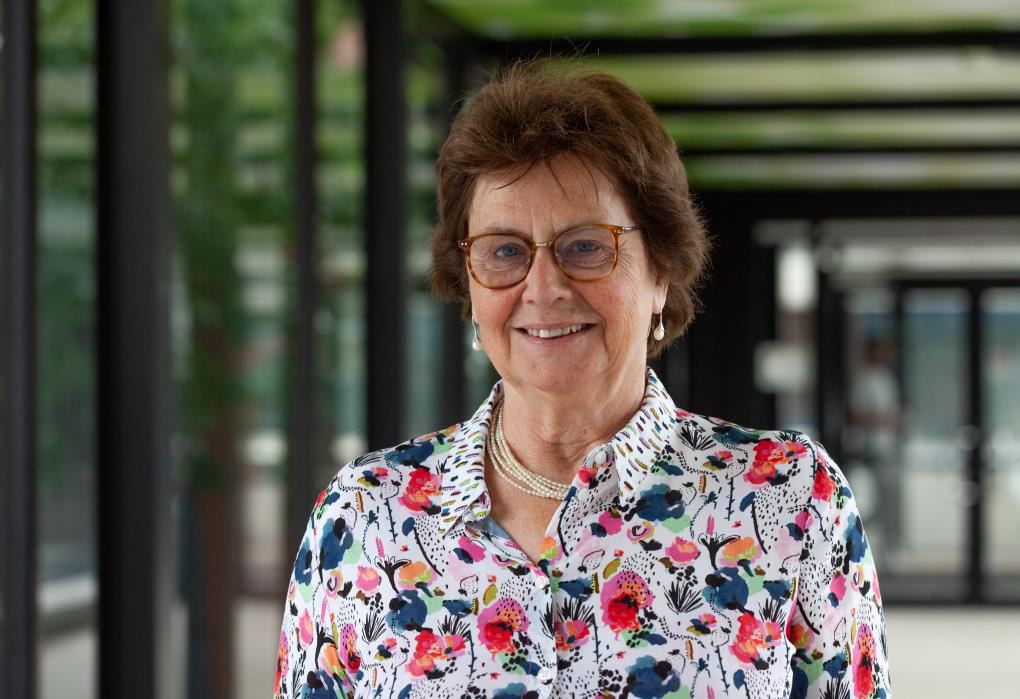 |
Ans van KemenadeAns van Kemenade works on word order change, with a primary focus on the history of English. Her main interest is in how structural aspects of word order change interact with discourse structure and pragmatics. To this end, she does fine-grained corpus-based research that brings these factors together into one quantitative picture. Professor Ans van Kemenade was elected member of Academia Europaea in 2018. In 2020, she received the royal honour of Knight in the order of the Lion of the Netherlands, for services to science and society. ↗︎ Website (Radboud Universiteit) |
50 years of ICHL – Report by the Secretary of ICHL
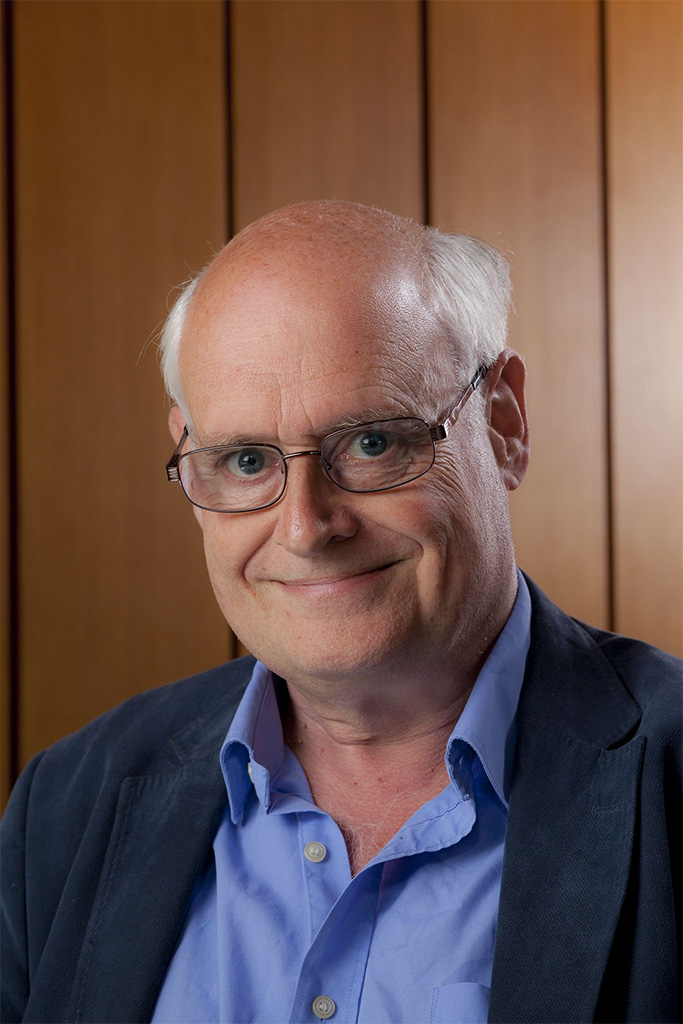 |
JOHN CHARLES SMITH is an Emeritus Fellow of St Catherine’s College, Oxford (where he was Official Fellow and Tutor in French Linguistics) and Deputy Director Emeritus of the University of Oxford Research Centre for Romance Linguistics. He has also held posts at the universities of Surrey, Bath, and Manchester, as well as visiting appointments in Limoges, Paris, Berlin, Melbourne, and Philadelphia, and in 2007 was designated Chevalier dans l’ordre des Palmes académiques by the French government for services to the French language and French culture. He has published on a range of linguistic topics and co-edited several volumes, including The Cambridge History of the Romance Languages (CUP, 2011/2013), Morphological Autonomy (OUP, 2011), The Boundaries of Pure Morphology (OUP, 2013), and Periphrasis and Inflexion in Diachrony (OUP, 2022). |
Panel: Empirical Approaches to the Dynamics of the Lexicon – Methods, Tools, and Research Platforms at the Leibniz-Institute for the German Language
 |
|
ORGANISATION: Department of Lexical Studies at the Leibniz-Institute for the German Language (Stefan Engelberg, Annette Klosa-Kückelhaus, Peter Meyer, Sascha Wolfer) Stefan Engelberg is head of the Department of Lexical Studies and the program area Lexical Syntagmatics; his research interests are in the domain of argument structure, lexical semantics, and word formation. — Annette Klosa-Kückelhaus is head of the program area Lexicography and Language Documentation and coordinates the lexicographic work at the IDS; her current research focus is on neologisms. — Peter Meyer is an expert in internet lexicography; he is responsible for a portal on borrowings from German and is working on a lexical research platform on German varieties. — Samira Ochs investigates recent changes in the use of role nouns and job titles on the basis of annotated corpus data. — Jan Oliver Rüdiger develops software to investigate a wide range of linguistic research questions; incorporating the perspective of different stakeholders, he creates products that combine usability and multi-perspective approaches to research. — Sascha Wolfer conducts corpus-linguistic and psycholinguistic studies on the German lexicon; he also coordinates the department’s empirical work on the dynamics of the lexicon. ↗︎ Website (IDS Mannheim) AbstractThe Department of Lexical Studies at the Leibniz-Institut for the German Language has a special research focus on the variation and the dynamics of the lexicon of German. We study lexical borrowing, processes of neology and archaization, variation in lexical syntagmatics, and quantitative distribution patterns in the lexicon. Since our institute is also committed to making digital resources available to the scientific community (corpora, dictionaries, online grammars, research tools), many of our research endeavors are accompanied by digital developments. In pursuit of these goals, the Department of Lexical Studies has made available Internet dictionaries, lexical research platforms, and digital exploration tools. The talk will show how these tools and platforms are being developed in the context of specific research projects. Since lexical changes and innovations are characterized by a comparatively high speed and by their susceptibility to influences from contact languages, many of our digital applications are designed with these features in mind. After outlining the research orientation of our department, the talk will present four digital applications as examples and describe their development, their connection to our research, and their potential usefulness to other researchers: (i) a dictionary of neologisms and the process of their corpus-based determination, (ii) a tool for the monitoring of lexical changes in real-time corpora, (iii) an application resulting to gender-linguistic research visualizing lexical change in role nouns and job titles, and (iv) a research platform for exploring lexical borrowings from German into other languages. |
Panel: Linguistic models
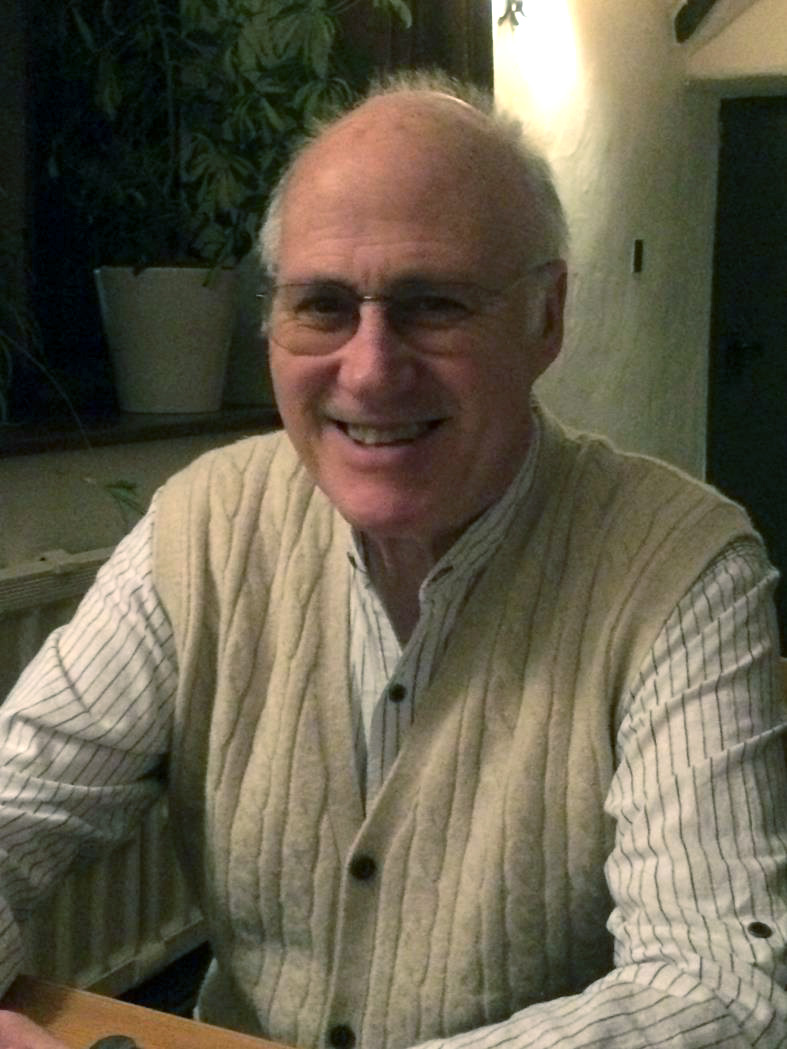 |
ORGANISATION: Nigel Vincent — Professor Emeritus of General & Romance Linguistics at The University of Manchester. He is a Fellow of the British Academy and a Member of the Academia Europaea. His research focuses on the historical morphosyntax of Latin and Italo-Romance and the way this can be modelled within linguistic theory, with special reference to Lexical-Functional Grammar. His recent publications include contributions to and co-editing of Diachrony and Dialects. Grammatical Change in the Dialects of Italy (OUP, 2014), Early and Late Latin. Continuity or Change? (CUP, 2016) and Periphrasis and Inflexion in Diachrony. A View from Romance (OUP, 2022). ↗︎ Website (University of Manchester) Participants: |
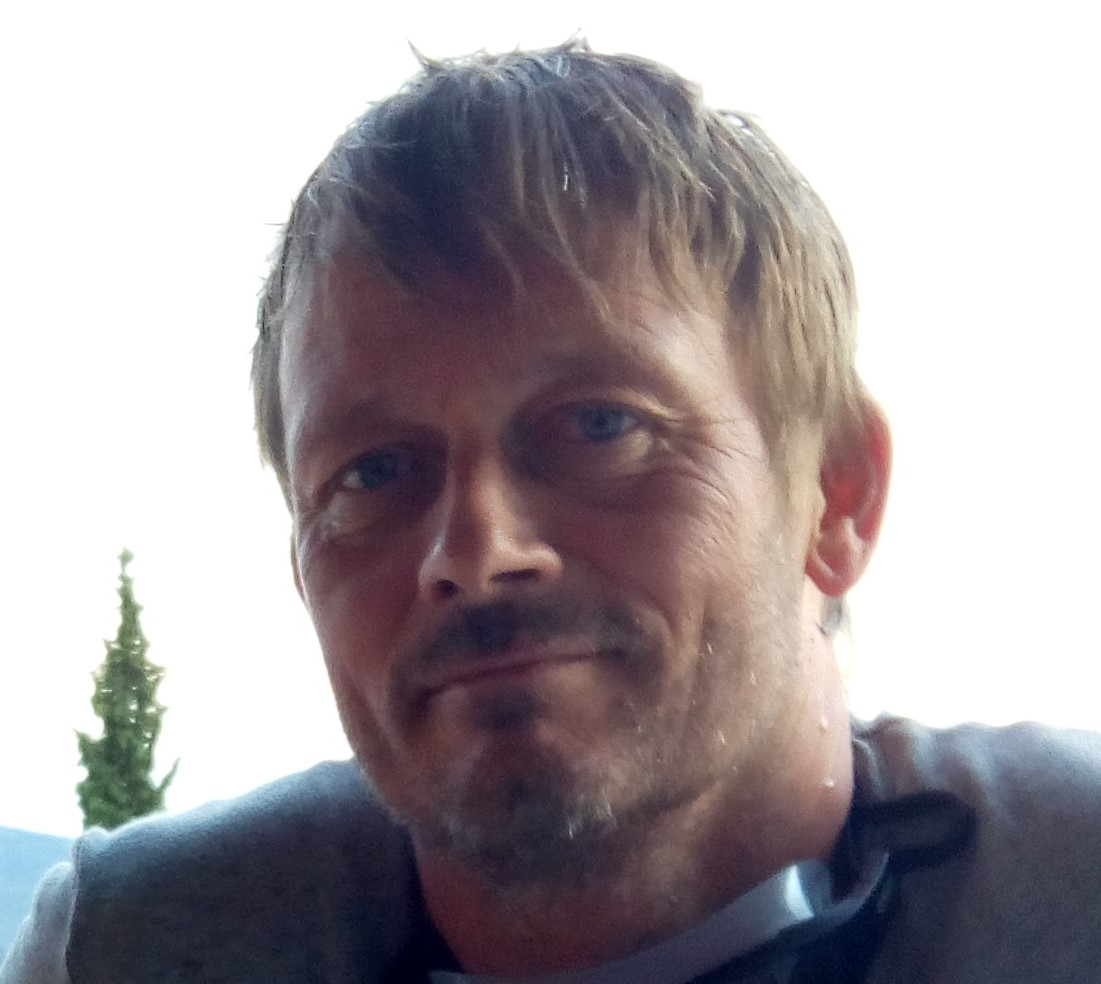 |
Kasper Boye (Copenhagen University) – Functional linguistics Kasper Boye is associate professor at the University of Copenhagen. His research interests range over the lexical-grammatical distinction, grammaticalization, aphasia, layered content structure, linguistic categories, evidentiality, epistemic modality, and subordination. His main publications include: “A usage-based theory of grammatical status and grammaticalization” (Language 88, 2012, with Peter Harder); Epistemic Meaning: A Crosslinguistic and Functional-Cognitive Study (De Gruyter Mouton, 2012); Complementizer Semantics in European Languages (De Gruyter Mouton, 2016, co-edited with Petar Kehayov); “Agrammatism in a usage-based theory of grammatical status: Impaired combinatorics, compensatory prioritization, or both?” (Journal of Neurolinguistics 65, 2023, with Roelien Bastiaanse, Peter Harder and Silvia Martínez-Ferreiro). |
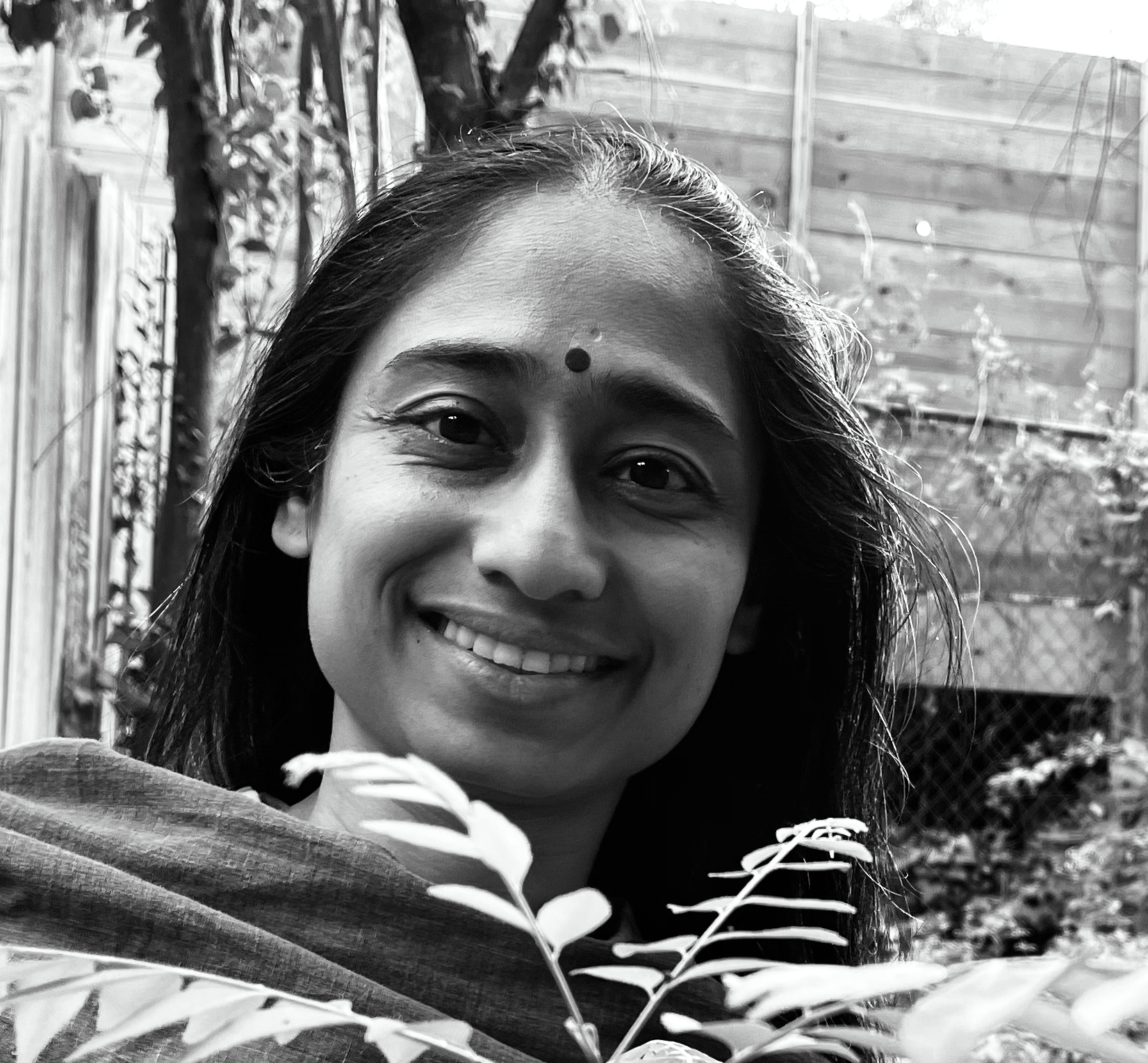 |
Ashwini Deo (University of Texas at Austin) – Formal semantics Ashwini Deo is a Professor in the Department of Linguistics at The University of Texas at Austin. Her main research interest is in systematic semantic change, particularly the ways in which functional morphemes like tense-aspect, negation, possession markers develop over time. Within semantics-pragmatics she also works on the synchronic analysis of aspect, temporal reference, lexical semantics of verbs, and discourse particles. She has a long-standing interest in case and agreement patterns, particularly in split-ergative and split-oblique systems. Her empirical focus is on the Indo-Aryan languages, which provide us with a diachronic linguistic record of over 3000 years. |
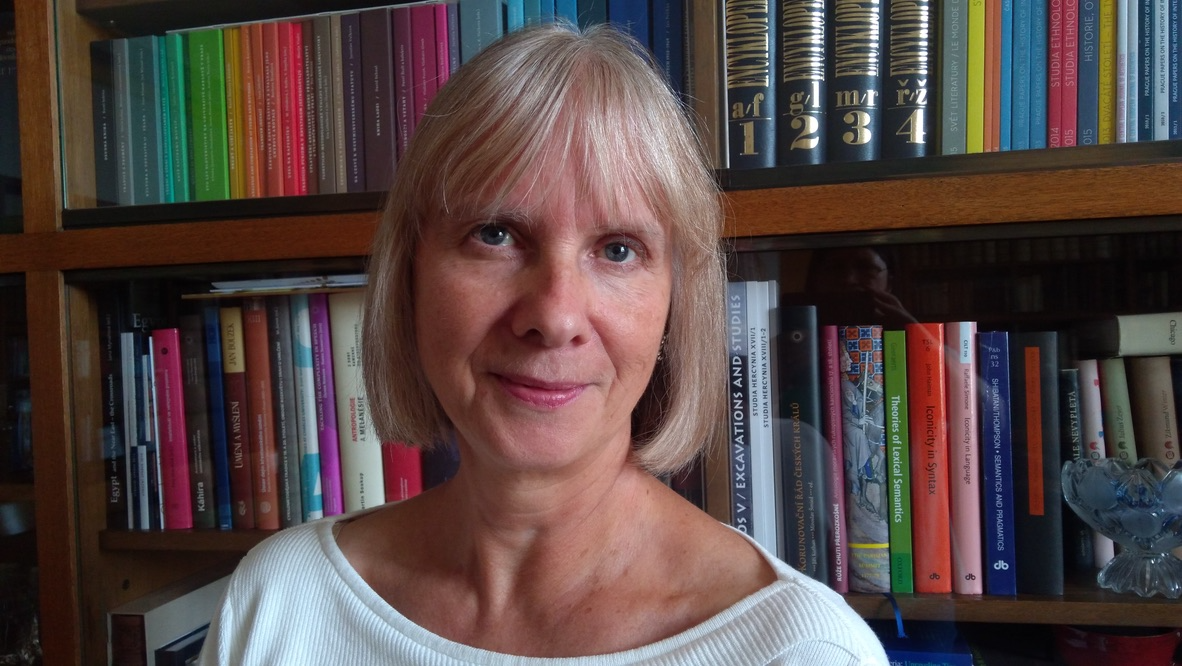 |
Mirjam Fried (Charles University Prague) – Construction grammar Mirjam Fried teaches general linguistics at Charles University in Prague. Her research extends Construction Grammar beyond synchronic syntax, including both language change and the grammatical organization of spontaneously produced interaction. Recent publications include ‘Discourse-referential patterns as a network of grammatical constructions (Constructions and Frames , 2021, 13: 21-54) and ‘Intonation as a cue to epistemic stance in one type of insubordinate clauses (Folia Linguistica 2022, 56: 183-214, with P. Machač). She is the co-founder of the book series Constructional Approaches to Language (Benjamins, 2000) and the journal Constructions and Frames (Benjamins, 2009) and is currently preparing, with Kiki Nikiforidou, the Cambridge Handbook of Construction Grammar. |
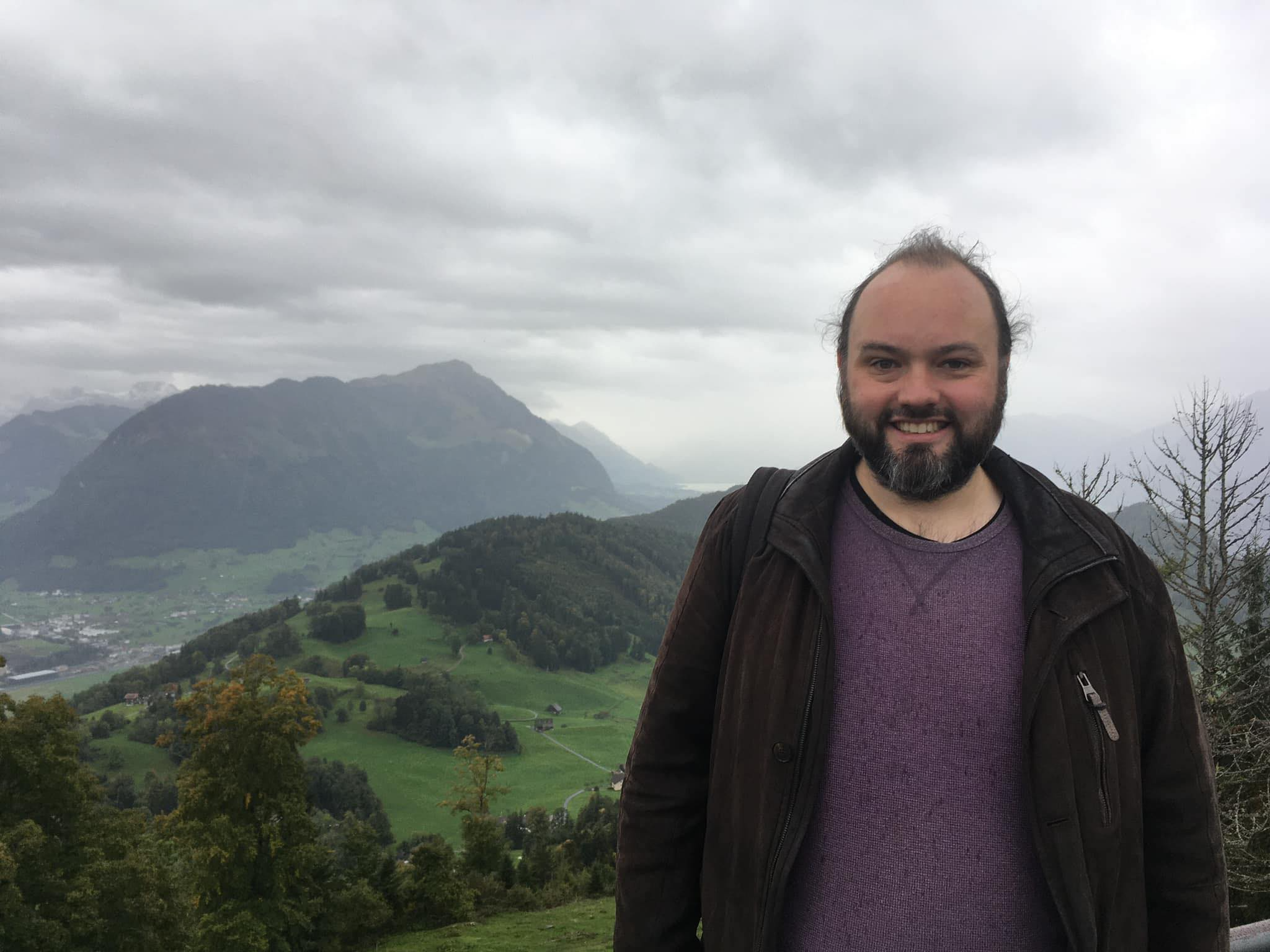 |
George Walkden (University of Konstanz) – Generative historical syntax George Walkden is Professor of English Linguistics and General Linguistics at the University of Konstanz. He works on language change and syntax, particularly in the context of the Germanic languages, and is Editor-in-Chief of the Journal of Historical Syntax. He is the author of Syntactic Reconstruction and Proto-Germanic (OUP, 2014) and A History of English (with Michaela Hejná; Language Science Press, 2022), as well as numerous papers in Germanic and general historical linguistics. |

